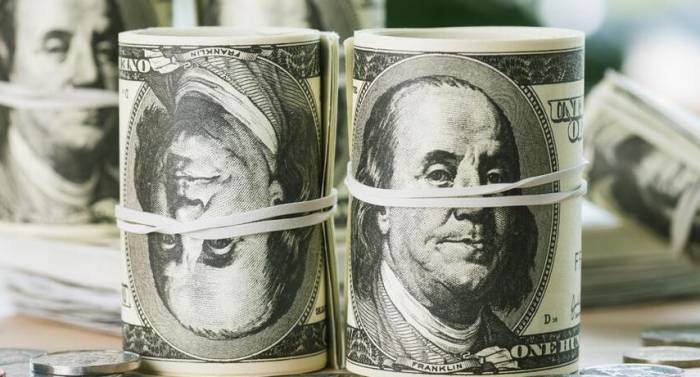01. Fed Awaits Recession
The market is now awaiting the upcoming speech by Federal Reserve Chairman Jerome Powell, who may very well bring different news to the market.
Current economic data in the United States have led to considerable contradiction among investors.
Treasury Secretary Janet Yellen stated that the U.S. economy remains robust and will not experience a recession. Economists at Goldman Sachs also believe that the likelihood of a recession in the United States within the next 12 months has been reduced to 25%.
Make no mistake, this is not good news, as the Fed has been hoping for a mild recession in order to truly bring inflation back down.
If economic data continues to show strong growth, inflation will only rise higher, and the anticipated shift in Federal Reserve monetary policy may require a longer wait.
Past data all point to the same conclusion: after the U.S. stock market enters a bear market, it is only when the Fed's monetary policy shifts back to being more accommodative that a true rebound occurs.
This also implies that the previous rebound has not yet been supported by Fed policy, and the extent of the rebound may be limited.
02. U.S. Stocks Begin to Fall
The market is beginning to confirm this conclusion. After a wave of increases from the beginning of the year to now, U.S. stocks have fallen consecutively over the past two days.A few days ago, the S&P 500 index almost broke through the 4,200 mark at its peak, but now, after consecutive declines, the index is testing the 4,100 level again.
Among the sectors covered by the index, the telecommunications services sector fell by 1.3%, information technology by 1.2%, and the materials sector also saw a drop of over 1%.
Only two sectors rose, with the utilities sector gaining 0.9% and consumer goods increasing by less than 0.2%.
Among technology stocks, those related to semiconductors fell significantly, with Intel's decline exceeding 4%.
03, Bonds are also going wild
Wall Street investment bank Bank of America also stated that the current gains in the U.S. stock market are too high, and investors have clearly not taken into account the possibility of a U.S. recession. Once a recession occurs, selling will follow, leading to a significant drop in the stock market.

The strategists at the investment bank further pointed out that when the S&P 500 index reaches 4,200 points or by mid-month, the stock market will peak and begin to decline. It seems that the market's reaction has already been ahead of the forecast.
At the same time, we have also observed that the optimistic sentiment is not only pervasive in the stock market, but even the bond market, which had been performing very poorly before, has shown a similar situation.
Oracle issued bonds for a $4 billion refinancing, and unexpectedly, the subscription amount reached ten times the amount, leading to a significant oversubscription. This allowed the company not to pay any additional premium for it, and even reduced the interest rate by 11 basis points compared to the average market level.
In contrast, when the company issued new bonds in 2022, it had to pay an additional 13 basis points in interest on average.In the past week, the United States has issued over $18 billion in corporate bonds, with the overall subscription size reaching five times the amount. The large-scale oversubscription has caused the extra basis points of new bond premiums from the previous year to disappear, and instead, it has brought about a one-basis-point discount.
Bond managers are sensing that the yield on U.S. Treasuries has peaked and has begun to show a noticeable decline. Influenced by this, the prices of the entire U.S. bond market are rebounding. Driven by greed, fund managers are worried about missing out on buying opportunities.
A Japanese bank also stated that after stopping the purchase of U.S. mortgage-backed securities last year, it is now preparing to resume purchases. The current issuance volume of U.S. mortgage-backed securities has already exceeded the same period last year by 40%, indicating that the market's enthusiasm is gradually returning.
However, everyone needs to be aware that if the Federal Reserve is determined to trade a recession for a decline in inflation, then bonds will also experience a new round of significant declines.
post your comment